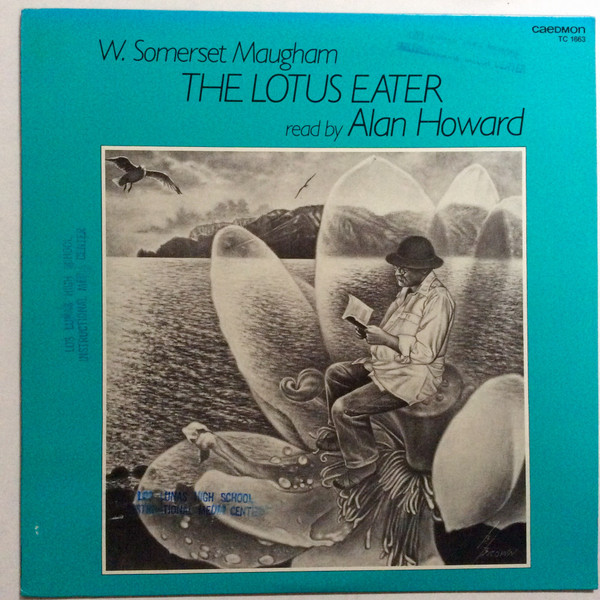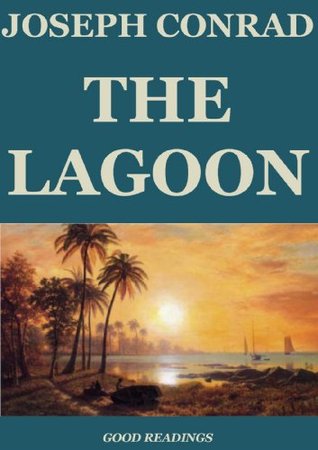
Comment on Somerset Maugham’s narrative method and prose style in “The Lotus Eater”
In the English literature of the present century, Somerset Maugham is a big name. As a novelist, dramatist, and storyteller, his genius remains indisputable. His stories exhibit remarkably his inexhaustible creative urge, which is manifested equally in content and form, in theme and technique.
The Lotus Eater, for instance, is a simple yet impressive short story that reveals Maugham’s literary genius in more than one way. It is simple, though somewhat unconventional in its theme. The story, in fact, is impressive, fascinating enough, although it has nothing of wonderful characters or theatrically thrilling incidents. In fact, Maugham is found to weave here an attractive tale out of simple facts and average characters. His grand technique as a storyteller is marked in a number of ways.
In the first place, Maugham, as stated, is found to possess here a wonderful inventive power to make an attractive story out of simple incidents and common characters. In The Lotus Eater, Maugham’s main character is a quite commonplace fellow. It is his peculiar zest for life that builds a story of much human significance. He makes a singular choice to leave his financial security and usual duty to live in the bosom of nature to enjoy absolute leisure and pleasure. Such a choice proves to be a matter of much interest. Maugham exploits this situation well to have a truly effective, harmonious plot of immense human interest.
In the second place, Maugham’s style has a simple, straightforward narrative method. There is nothing abstruse or abstract in his writing. What he has to state, he states in a plain, clear manner, and that is why his story proves so immensely popular and easily appealing. In The Lotus Eater, he tells his story directly and in a simple style that is plain and lucid. The author’s first meeting with Wilson, the latter’s account to him of his daring venture, and his death are all stated in an easily convincing way. The concluding paragraph of the story contains some short and straightforward sentences, such as – He died last year. He had endured that life for six years……….. Perhaps he died of the beauty of that sight.”
Again, The Lotus Eater is a short story, and a good short story has a technique of its own. Brevity, the paucity in characters, the simplicity of technique, and the singleness of effect constitute the marks of a good short story. The story The Lotus Eater is found to possess all these elements. Maugham’s way of narrating his tale testifies to his skill as the author of a sound short story.
In the third place, Maugham’s style is not merely plain and precise, but it is also pointed and occasionally trenchant in his observation and remarks. The very first paragraph of the story The Lotus Eater may be instanced in this connection – “Most people, the vast majority, in fact, lead the lives that circumstances have thrust upon them, and though some repine, looking upon themselves as round pegs in square holes… They are like tram-cars travelling forever on the selfsame rails. They go backwards and forwards, backwards and forwards, inevitably, till they can go no longer and then are sold as scrap-iron.” The entire expression is simple, but pointed enough to indicate distinctly the helplessness of the vast majority of people who surrender meekly to the circumstances in which they are placed. Such expressions, tinged with diverting irony, add variety to Maugham’s simple style, and variety is not only the spice of life but also constitutes the charm of a good literary style.
Lastly, Maugham’s prose is conversational, rather colloquial. He writes as if he is speaking fluently, and so there is a continuous flow in his style that never looks heavy or unnatural. In The Lotus Eater, whether in his description of life at Capri or in the account of Wilson, his style is remarkably natural, familiar. It has nothing to distract and remains sufficiently flexible and felicitous.
In fact, Maugham’s very method of writing has a spontaneous appeal and remains wonderfully flexible and felicitous all through. This makes his prose more diverting, impressive, and shows him as an authority on the prose style in modern English.
Somerset Maugham’s style is really that of a great master. It is wonderfully lively and simple, with necessary twists and turns. His theme or subject matter is original, but it is his telling technique that has made his story so vivid and impressive.
Also read: A short note on the Narrative Technique of the novel Surfacing by Margaret Atwood





